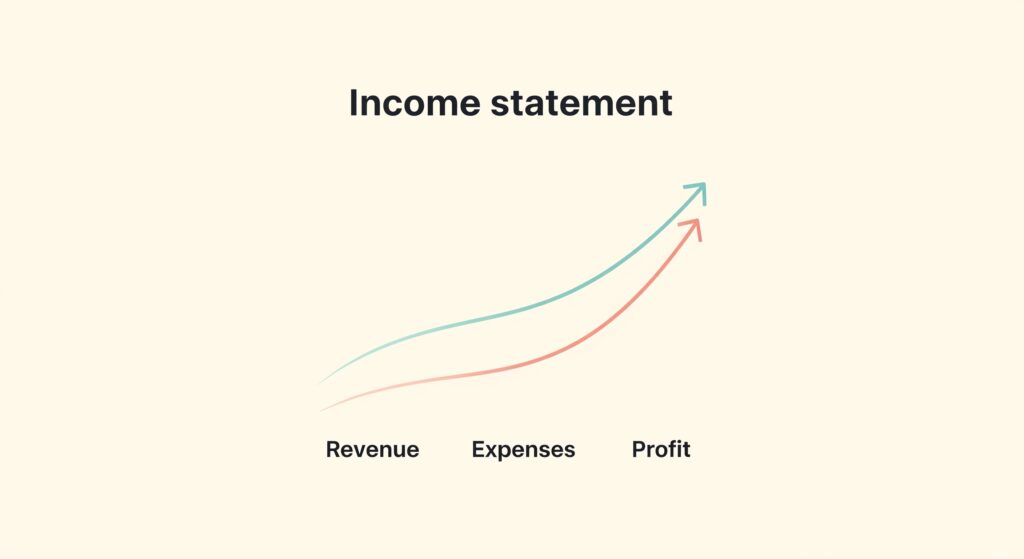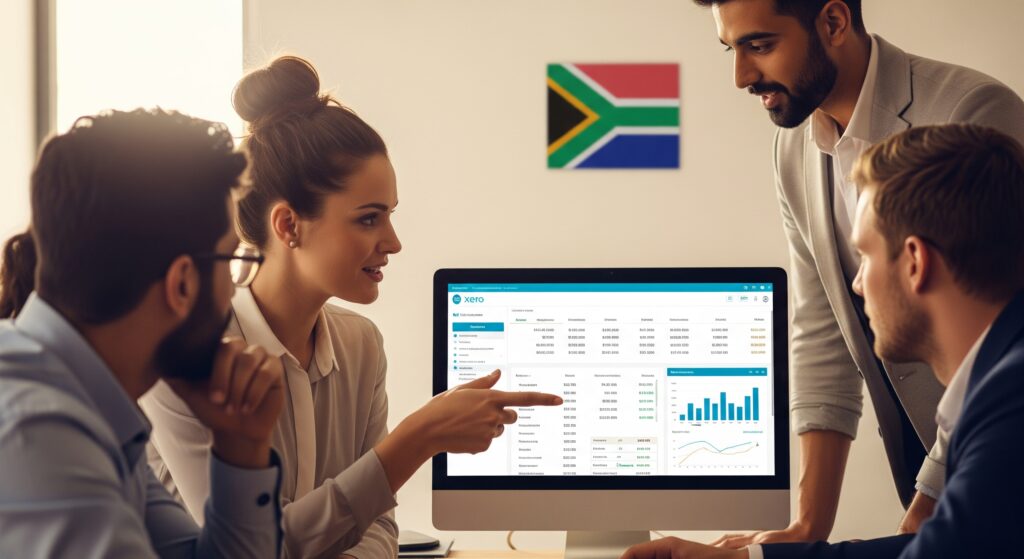Keeping up with all the financial reporting rules in the business world can feel like a whole job on its own. And for us here in South Africa, whether you’re running your own business, just starting, or managing the finances, really grasping these changes isn’t just about ticking boxes. It’s actually about getting a much clearer picture of how healthy your company truly is and then sharing that story in a way that makes sense to everyone involved. That’s why the arrival of IFRS 18 – Presentation and Disclosure in Financial Statements is such a big deal. This new standard, which kicks in for annual reports starting on or after January 1, 2027 (though you can jump in earlier if you’re keen), is genuinely going to change how businesses show off their financial performance.
Moving Beyond IAS 1: A New Era for Income Statement Presentation
For years, businesses have relied on IAS 1 – Presentation of Financial Statements to guide their financial reporting. While IAS 1 provided a framework, it also allowed for a degree of flexibility in how companies presented their income statement, sometimes leading to inconsistencies and challenges when comparing different entities.
IFRS 18 aims to address this by introducing a more structured approach to the income statement. It’s not just about adding new rules; it’s about enhancing comparability and transparency, giving investors and other users of financial statements a more consistent starting point for their analysis.

The Core Changes: Operating, Investing, and Financing Categories
The most impactful change introduced by IFRS 18 is the requirement to classify income and expenses into three distinct categories within the income statement:
- Operating: This category will capture the core activities of your business – essentially, what you do to generate revenue and incur expenses in your day-to-day operations. This includes things like sales, cost of goods sold, and administrative expenses.
- Investing: This section will encompass income and expenses related to your investing activities. Think of gains or losses from selling property, plant, and equipment, or income from investments.
- Financing: This category will include items related to how your business is funded, such as interest expense on loans, dividends paid, or income from financing arrangements.
IFRS 18 also mandates the presentation of two newly defined subtotals: ‘operating profit or loss’ and ‘profit or loss before financing and income taxes’. These subtotals will provide clearer benchmarks for evaluating a company’s core performance, separate from its investing and financing decisions.

Why These Changes Matter for Your Business
For business owners and financial managers in South Africa, understanding these shifts is crucial for several reasons:
- Enhanced Comparability: With a more standardised structure, it will be easier to compare your company’s financial performance against competitors, industry benchmarks, and even your own historical data. This can lead to more informed strategic decisions.
- Greater Transparency: The new requirements for management-defined performance measures (often referred to as alternative performance measures or non-GAAP measures) will demand greater transparency. If your business uses these, IFRS 18 will require you to provide clear explanations and reconciliations to the standard IFRS 18 subtotals, making your financial story more understandable and auditable.
- Improved Decision-Making: By having a clearer, more consistent view of your operating, investing, and financing activities, you can make better decisions about resource allocation, growth strategies, and funding.
- Stakeholder Confidence: Transparent and consistent financial reporting builds trust with investors, lenders, and other stakeholders, which is vital for securing funding and fostering long-term relationships.
Preparing for IFRS 18: A Proactive Approach
While the effective date of 1 January 2027 might seem far off, preparing for IFRS 18 is not something to leave until the last minute. Here are some practical steps your business can take:
- Assess the Impact: Begin by evaluating how IFRS 18 will affect your current financial reporting processes, systems, and disclosures. This includes understanding how your existing income and expense classifications will map to the new operating, investing, and financing categories.
- Review Management-Defined Performance Measures: If your business uses any non-IFRS measures to communicate performance, start reviewing how these will need to be reconciled and disclosed under the new standard.
- Update Your Systems: Your accounting software and reporting tools may need adjustments to accommodate the new presentation requirements. This is an excellent opportunity to explore modern accounting solutions.
- Educate Your Team: Ensure your finance and accounting teams are fully aware of the upcoming changes and their implications. Training will be essential for a smooth transition.
- Seek Expert Guidance: Navigating new accounting standards can be complex. Partnering with experienced accounting professionals can provide invaluable guidance and support during this transition.
Here’s a quick overview of the key aspects of IFRS 18:
Feature | Previous Standard (IAS 1) | New Standard (IFRS 18) |
Income Statement Structure | Flexible, with various presentation options. | Mandates the classification of income and expenses into three defined categories: Operating, Investing, and Financing. |
New Subtotals | No specific mandatory subtotals beyond profit/loss. | Requires presentation of ‘operating profit or loss’ and ‘profit or loss before financing and income taxes’. |
Management-Defined Performance Measures | Limited specific guidance on disclosure. | Introduces enhanced transparency requirements, including mandatory disclosures and reconciliations for management-defined performance measures (MPMs) related to the income statement, presented in a single note. |
Aggregation/Disaggregation | General principles for grouping information. | Provides enhanced guidance on how to organise information, whether to present it in the primary financial statements or notes and how to disaggregate operating expenses. |
Effective Date | Currently in use. | For annual periods beginning on or after 1 January 2027. Early application is permitted. |
Your Partner in Financial Clarity: ODEA and Xero
At ODEA, we understand the challenges and opportunities that new accounting standards like IFRS 18 present. Our team of experienced accounting professionals is dedicated to providing comprehensive services that help South African businesses not only comply with the latest regulations but also leverage them for strategic advantage.
As a proud Xero Gold Partner, we combine our deep accounting expertise with the power of Xero’s intuitive cloud accounting software. Xero’s flexible platform can be instrumental in adapting to new reporting requirements, ensuring your financial data is accurate, accessible, and ready for the future of Income Statement Presentation. Whether you’re looking to streamline your daily accounting, gain deeper insights into your financial performance, or prepare for upcoming regulatory changes, ODEA is here to support you.

We invite you to explore our range of services, from Cloud Accounting to Insurance to Bond Origination. Our goal is to simplify financial complexities, allowing you to focus on what you do best – growing your business.
Ready to ensure your business’s financial story is clear, compliant, and compelling under IFRS 18?
Contact ODEA today for a consultation. Visit our website or reach out to our team directly to discuss how we can help your business navigate the changing accounting landscape with confidence.




